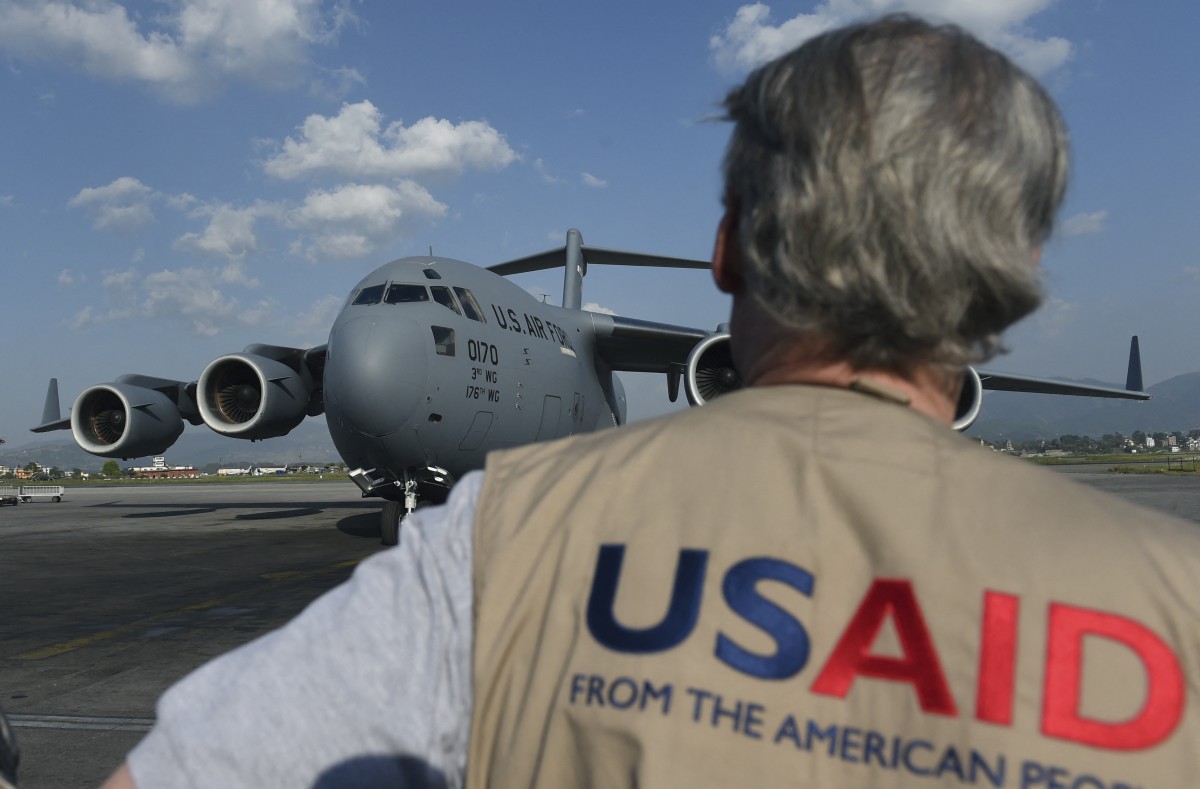
• How lack of rail, link road threaten project’s success
• Plan underway to connect facility, govt affirms
Two years before the commencement of operations at the Lekki port, the N596 billion facility is still without a plan for railway and road link to facilitate the movement of cargoes.
The project, which is primed to become the first deepwater port in West Africa, will have a 1.5 million Twenty-foot Equivalent Unit (TEU) container capacity yearly. This is expected to grow to about 2.7 million and 4.7 million TEUs when operations begin. Steven Heukelom, Technical Director of Lekki Port Enterprises Limited, had told journalists earlier this year that the first commercial vessel would berth in 2022.
But when The Guardian visited Lekki, where the port is located, it found that only one narrow road ‘Akodo Road’ connects the facility and several other industries in the area such as Dangote Fertilizer and Refinery Plant, Dano Milk, Kelloggs, Indomie, Raffles Oil, and Insignia Prints.
The Free Trade Zone alone has over 800 hectares of land to accommodate nine designated industrial zones. The zone will harbour a new international airport, Pan Atlantic University, Eleganza Industrial City, and Bolore Transport and Logistics, among others.
The axis is also witnessing the rapid development of over 70 residential estates. This indicates that without rail and alternative roads, the volume of traffic on existing roads would increase remarkably and may mar operations at the facility.
A top executive of the Lekki project confirmed to The Guardian that the project has not had any plan for rail link since inception. He, however, said the Federal Government promised to incorporate railway to the facility.
The port is expected to offer relief from bitter experiences at its Apapa equivalent, which is battling to stay alive as a result of poor access roads. But stakeholders are already worried that the multi-billion-naira project could go the way of its forerunner.
The Apapa traffic gridlock is notorious for cargo congestion at the port and resultant losses to companies. Some have lost clients over shipment delays. Lives have also been lost to avoidable accidents. The nation is estimated to be losing about N600 billion monthly to the port’s dilapidated access roads.
“We have mentioned it to them because we discovered that a lot of things are happening on the issue of railway. The Tin Can port in Apapa was not conceptualised with railway and we don’t want a replica of that in Lekki. We expect that the necessary things would be done before the project is completed,” said Kingsley Chikezie, National Secretary, Importers Association of Nigeria (IMAN).
He maintained that without a rail link to the Lekki port, importers would suffer congestion, illegal tolls by hoodlums, and dilapidated access roads. He also suggested that the rail line should be networked to link major inland container depots off Shagamu or the Ijebu Ode area.
A maritime consultant, Bright Ijabor, said building a deep seaport without rail and an effective inland water transportation system for moving cargoes out of the facility is not in tandem with contemporary maritime operations.
“It will be a shame if the Federal Government, Lagos State Government, promoters of the Lekki port, and the entire Lekki Free Trade Zone fail to give due attention to the mode of cargo evacuation from the port before it becomes fully operational,” Ijabor said.
He lamented that the Lekki Free Trade Zone, which houses the Lekki port, is not connected to rail and that the single road, Lekki-Epe Expressway, linking the axis is narrow. This cannot serve the thousands of trucks that would be accessing the port.
Already, the influx of people into new towns springing up daily on the Lekki-Epe corridor has increased the number of vehicles on the road, leading to constant traffic congestion. He described this experience as a foretaste of what awaits commuters when the seaport takes off.
But Jato Adams, General Manager (Corporate and Strategic Communications) of the Nigerian Ports Authority (NPA), said there is a plan already by the Ministry of Transportation to link all seaports with rail. “This will be incorporated and integrated with the ongoing rail rehabilitation programme nationwide,” he explained.
A source close to the project also said the Federal Government has promised to link the port with rail as part of a plan to link all seaports in the country. The source said it would not augur well for Nigeria to complete such a multi-billion-naira project and potential economic booster without good road and rail link.
“Although, Lagos State Government has promised to expand the road, but expansion cannot solve the impending problem. Constructing an alternative road will be better. It will sound unwise if the project is completed ahead of the road and rail link,” the source added. Ojiekwe Eric, the spokesperson at the Ministry of Transportation, promised to give The Guardian an update but could not do so as at press time.
In a chat with journalists in Lagos, Managing Director, Nigerian Ports Authority, Hadiza Bala Usman, had said: “When we took over two years ago, there was no provision for rail connection out of Lekki, in the deep seaport plan, which I found quite strange that you can have a deep seaport without the need for rail connection. It will take you two years to build the port but five years to build the rail. So, we have written the Nigerian Railway Corporation to ensure that there is a rail connection.”
Currently, the Lekki port’s breakwater is over 50 per cent completed. The facility, which sits on 90 hectares of land at the centre of the Lagos Free Trade Zone, will have 1.5km long breakwater, 6km long approach channel with 19.5m draught, 670m diameter turning circle and 1.5km long quay wall.






